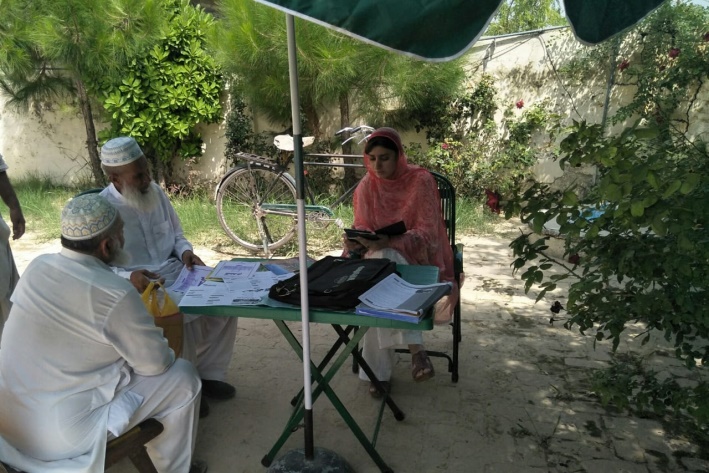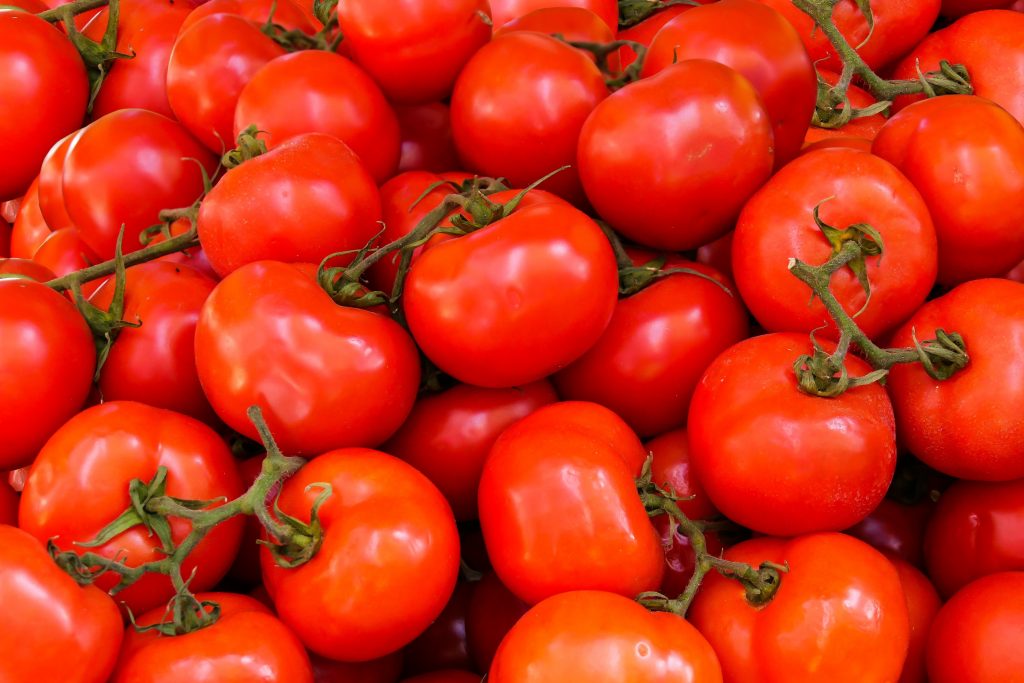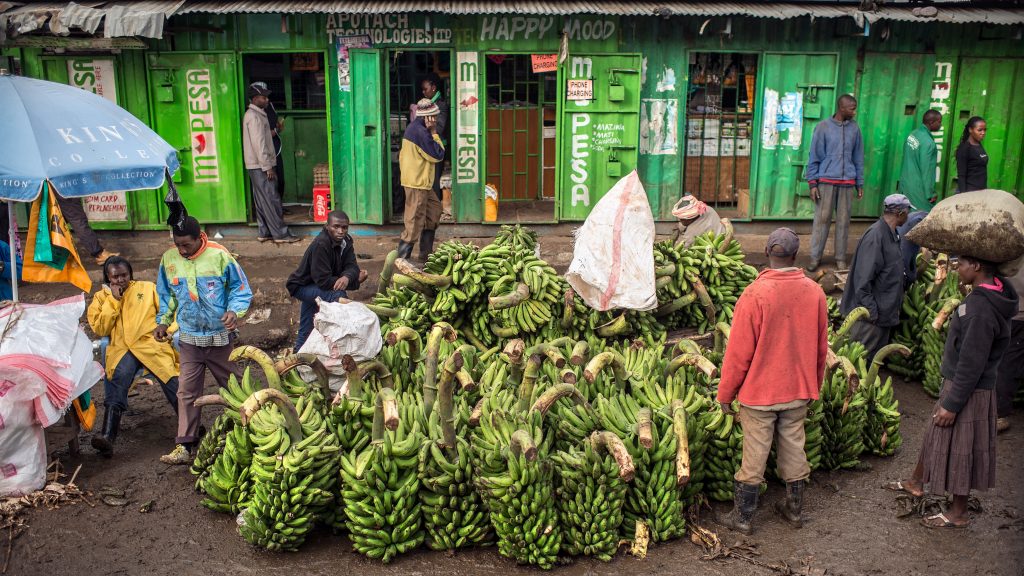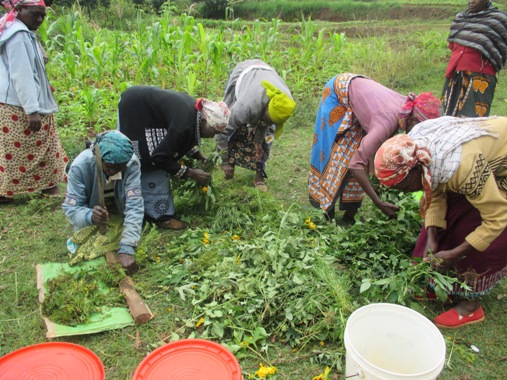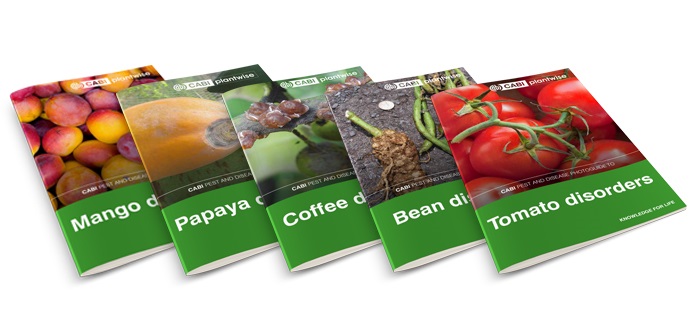Cultivating more women leaders in Plantwise Pakistan
It was such a pleasure to talk to Noureen Anum (Anum) over video call from across the border in India and hearing about her experiences and role in Plantwise. She is an agricultural officer in Taxila, a small Tehsil near Rawalpandi District in the Punjab province of Pakistan. Taxila has long been known for its…
Tailor-made crop varieties for farmers
Bacterial wilt (Ralstonia solanacearum) is one of the world’s most devastating plant diseases, with major crops such as tomato, potato and pepper being severely affected. Until now, crop breeders and farmers have had to simply wait for their crops to mature to determine the level of resistance to the disease. New research has shown that…
Farmers now have a stronger voice in the Plant Health System
Recently in New Delhi, the Plantwise team in India held a plant health stakeholder workshop between 24th -26th September to discuss and review the programme implementation in 3 states across India; Jammu and Kashmir, Tamil Nadu, and Pondicherry. All in-country stakeholders including the State Department of Agriculture, Jammu M.S. Swaminathan Research Foundation, and National Agro…
Test your plant health knowledge with the plant doctor quiz
>> New quiz just added Plantwise plant doctors are at the heart of our plant clinic network providing advice and information to farmers, logging their data for the Plantwise Knowledge Bank, and always adapting to new outbreaks and technologies. Think you’ve got what it takes to be a plant doctor? Take our online quiz and…
Reverse innovation brings new intelligence to food chain pest management
CABI has today launched PestSmart Diagnostics in Europe and North America, a new and unique e-learning course based on training developed for the award-winning Plantwise agricultural programme aimed at farmers in developing countries. PestSmart promises to benefit the way businesses in the food supply chain manage plant health problems to grow more and better produce.
Plant health key to reducing world hunger
By Katie Tomlinson On the 16th October, World Food Day events will take place around the globe to draw attention to the growing problem of world hunger and malnutrition. Shockingly, the FAO has reported that 10% of the global population experienced severe food insecurity in 2017 and that world hunger has increased for the third…
The Umatui amazing site women group tackle Tuta absoluta
Located in semi-arid Eastern Kenya, Machakos county is home to the Umatui amazing site women group. The group comprises 15 members who mainly grow tomatoes, cowpeas, pigeon peas, and maize. It is among eight other women groups working with Katoloni Community Based Organisation (CBO), a non governmental organization under infonet biovision. The CBO runs a mobile…
Update: New Pest & Disease Records (13 October 18)
We’ve selected a few of the latest new geographic, host and species records for plant pests and diseases from CAB Abstracts. Records this fortnight include the first report of sweet potato Badnavirus in South Africa. The first report of Arabis mosaic virus in rhubarb in Poland and the first report of maize yellow mosaic virus…
Plantwise Photoguides
The Plantwise training for plant doctors (Module 1: Field diagnostics and plant clinic operation) is unique in that it is the only international training that focuses on field diagnosis and uses live plant samples in the learning process. The training takes advantage of the fact that many of the symptoms caused by the different groups…

